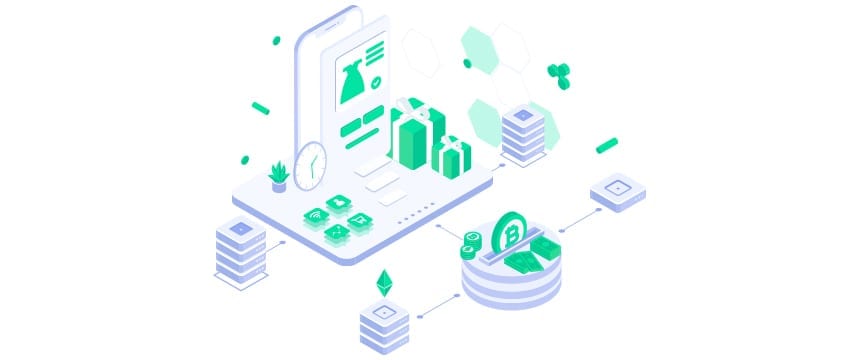Choose Your Technologies For Your App Development

This Blogs demonstrates technologies like Native, Hybrid or Web apps and which one having more advantage for mobile app development
Identify your Customer
Create Revenue Streams
Identify your Customer
Create Revenue Streams
There are a few technical
considerations to be made early on, one of which is critical. Selecting a
native apps, hybrid apps, or web application has numerous consequences for future
development and maintenance. This is why it's critical to leverage your market
research and the fundamental purpose and functionality you've just outlined in
order to make the greatest choice possible.
The fundamental distinctions between
native, hybrid, and mobile applications are as follows:
� Programming languages are
integrated.
This is influenced by and contingent upon your budget, desired timelines, and
available skills.
� Access to device-native APIs. This will vary depending on the
device's functionality that you wish to access through your mobile app.
� Distribution technique. This will significantly impact how
you advertise your application and determine your promotional efforts.
� Multi-platform compatibility. This varies depending on your
target demographic and the market you're attempting to penetrate; most
frequently, you'll want to be present on both the Apple App Store and the
Android Play Store.
Native apps are ideal for tasks that
require a lot of processing power, such as gaming or the use of images or
videos. Web apps, on the other hand, are ideal for solutions that require
frequent updates but do not require access to the device's native capabilities.
These two types are diametrically
opposed, with native apps being the most expensive to produce and easily
discoverable through various app stores, whereas web applications are very
quick and inexpensive to develop, but cannot be amplified through app shops or
have users download them to their device.
Hybrid applications offer the best
of both worlds: they share a common code base across platforms, they can access
device functionalities, and they are available in both app stores. In a
nutshell, you can build iOS and Android apps concurrently using a single build.
Additionally, they are an excellent fit for the majority of mobile app goals and
purposes, including productivity, utility, and corporate applications.
Once you've determined the app's
nature, allocating resources and planning the entire development project will
become a lot easier.
Tags
Subscribe to Our Blog
Stay up to date with the latest marketing, sales, and service tips and news.










